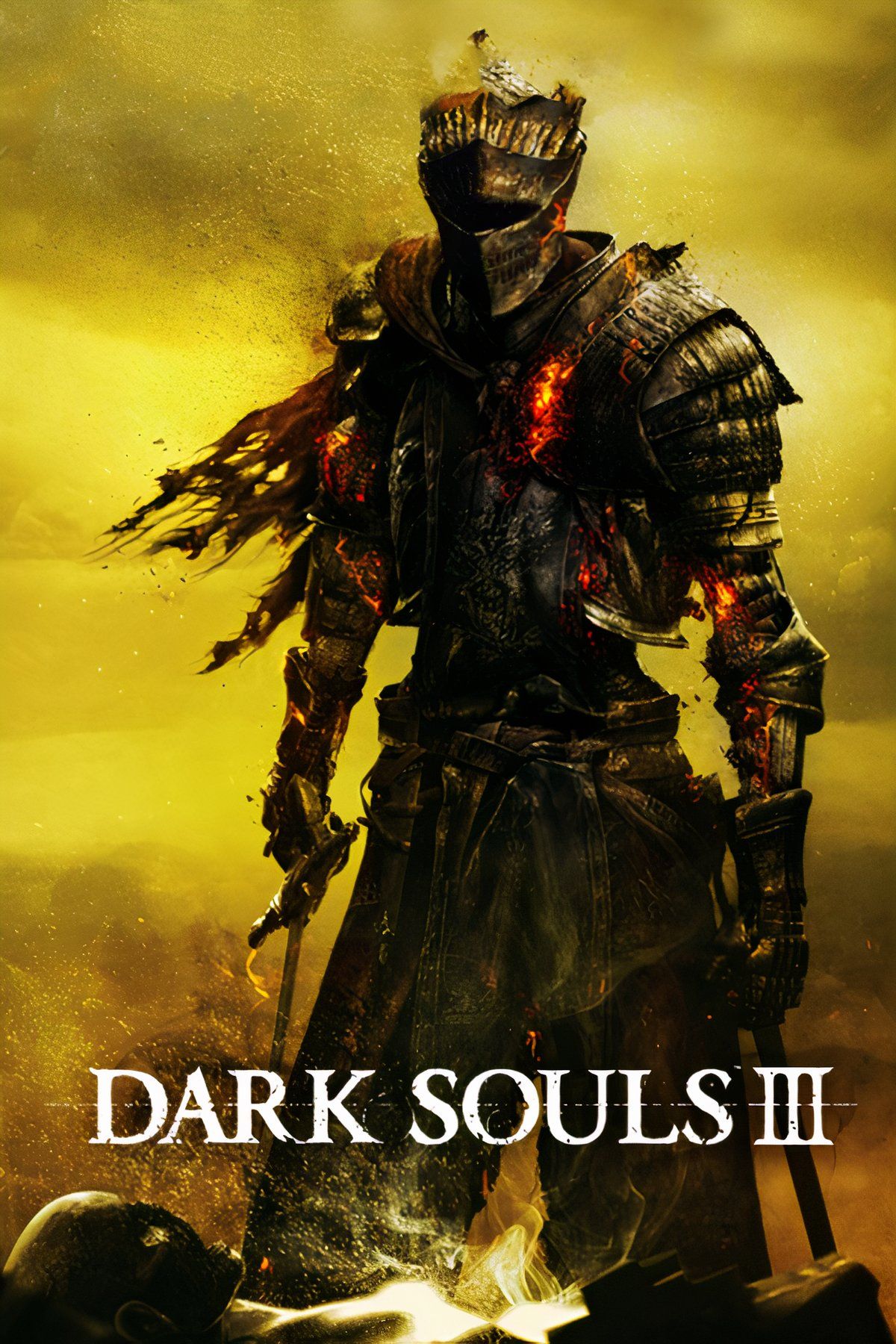It’s not too great a stretch to say that Dark Souls is one of the most culturally significant gaming franchises of all time. Aside from proving that there’s still a healthy market for challenging and complex interactive experiences, the Dark Souls games helped to usher in a new golden era of third-person action-RPGs, influencing everything from Star Wars Jedi: Fallen Order to the new God of War games.
It also helped developer FromSoftware skyrocket in popularity, positioning it as perhaps the most prestigious and consistent game studio working today. Of course, FromSoftware’s reputation reached its apex following the release of Elden Ring, which reached a wider audience than any other release in the company’s history. This spike in visibility converted countless players, starting them on journeys through Bloodborne, Sekiro, Demon’s Souls, and, of course, Dark Souls. But even for those who have already experienced the seminal Souls trilogy, there’s a lot of value in revisiting it, and 2025 might be the year to do just that.

Related
Elden Ring: Nightreign Feels Like the Logical Progression for One Bloodborne Feature
Elden Ring Nightreign is a brand-new concept for FromSoftware, but looking back at Bloodborne, it may not be as radical of a departure after all.
The Dark Souls Trilogy: Why It Deserves To Be Replayed
Dark Souls Is a Nice Change of Pace from Elden Ring
It’s safe to say that, for most gamers, Elden Ring is probably the most recent FromSoftware game they’ve played. Its sprawling open-world, dizzying build variety, and world-class Shadow of the Erdtree DLC might make it seem like the pinnacle of the FromSoftware Souls formula, but this is debatable. Indeed, although Elden Ring is a triumph of game design, there are still things that FromSoftware’s older releases arguably do better.
One of these things is replay value. A standard playthrough of, say, Dark Souls 3, will only take about a third of the time as a standard Elden Ring playthrough, but that’s because it’s denser and more curated. Something that detracts from Elden Ring‘s replayability is its sheer size, alongside the fact that so many of the game’s strengths are only effective once: the endless surprises that come along with exploring The Lands Between can’t hit the same after that initial playthrough.
But tackling the Dark Souls games again is a markedly different experience. There’s still a sense of familiarity, but this familiarity breeds mastery more than contempt. Repeat playthroughs become an opportunity to hone one’s skills, test different strategies, and more easily overcome challenges that once seemed inpenetrable. But more than anything, repeat Dark Souls playthroughs allow for deep experimentation with builds.
Elden Ring might have greater build variety thanks to its bevy of unique weapon types, but Dark Souls makes build experimentation much more accessible. There’s the more focused nature of build-crafting in Dark Souls, of course—it’s easier to create unique characters when there are fewer variables to juggle—but the aforementioned replayability helps as well. The lack of open-ended exploration in the Dark Souls games relative to Elden Ring means that combat is a far greater focus, allowing for more efficient sharpening of a given build and improvement of the player’s skills. Upgrade materials are also much easier to obtain by virtue of this reduced scope.
The Dark Souls games might feel a little restrictive after an Elden Ring playthrough, and that’s fair. But for anyone who cares about the history of gaming and the heritage associated with the action-RPG genre, revisiting the Dark Souls trilogy (yes, even Dark Souls 2), can be enlightening and satisfying. Their linearity and tight focus helps them stand out from many releases of today, which continue to double-down on scale over tight design.













Leave a Reply